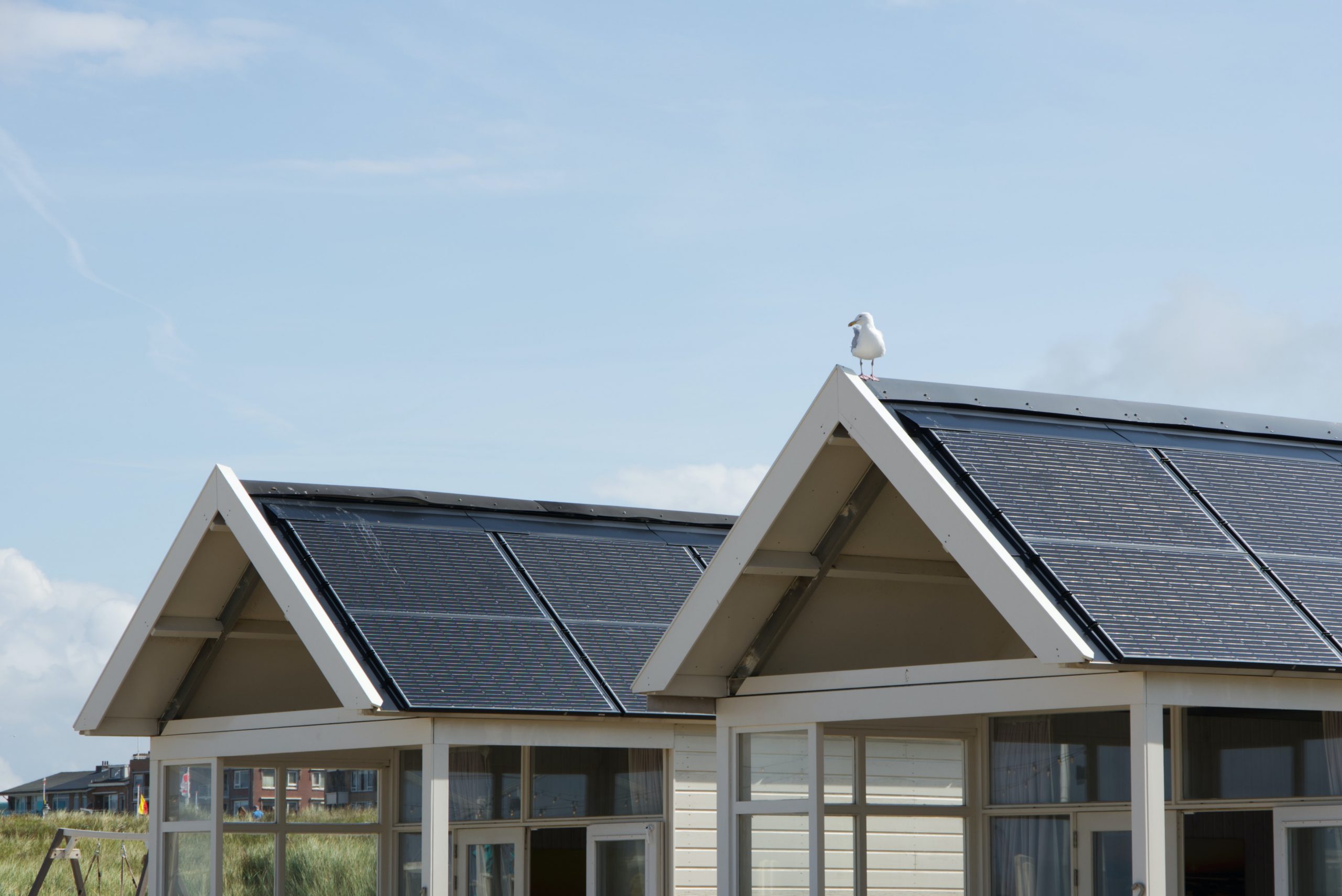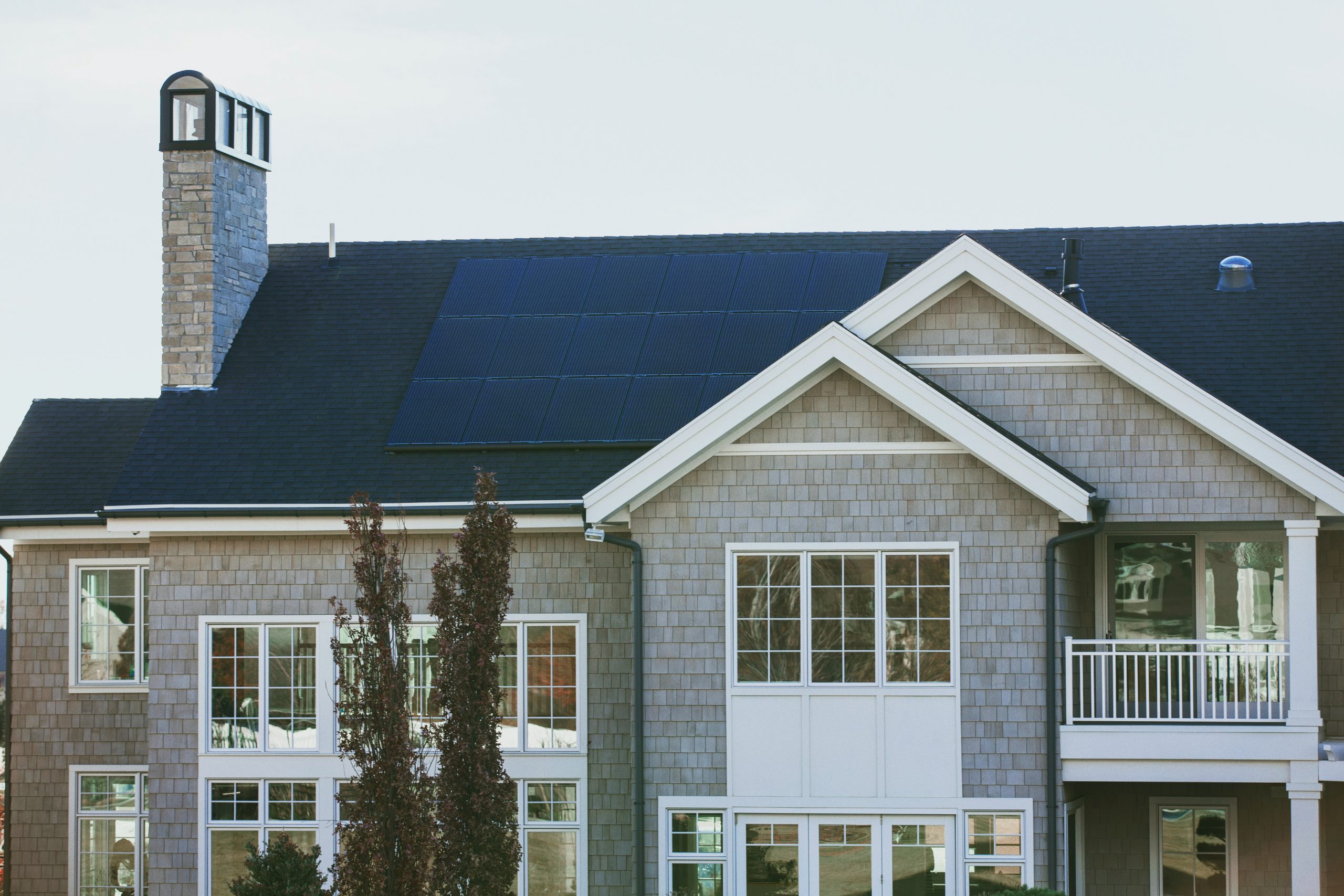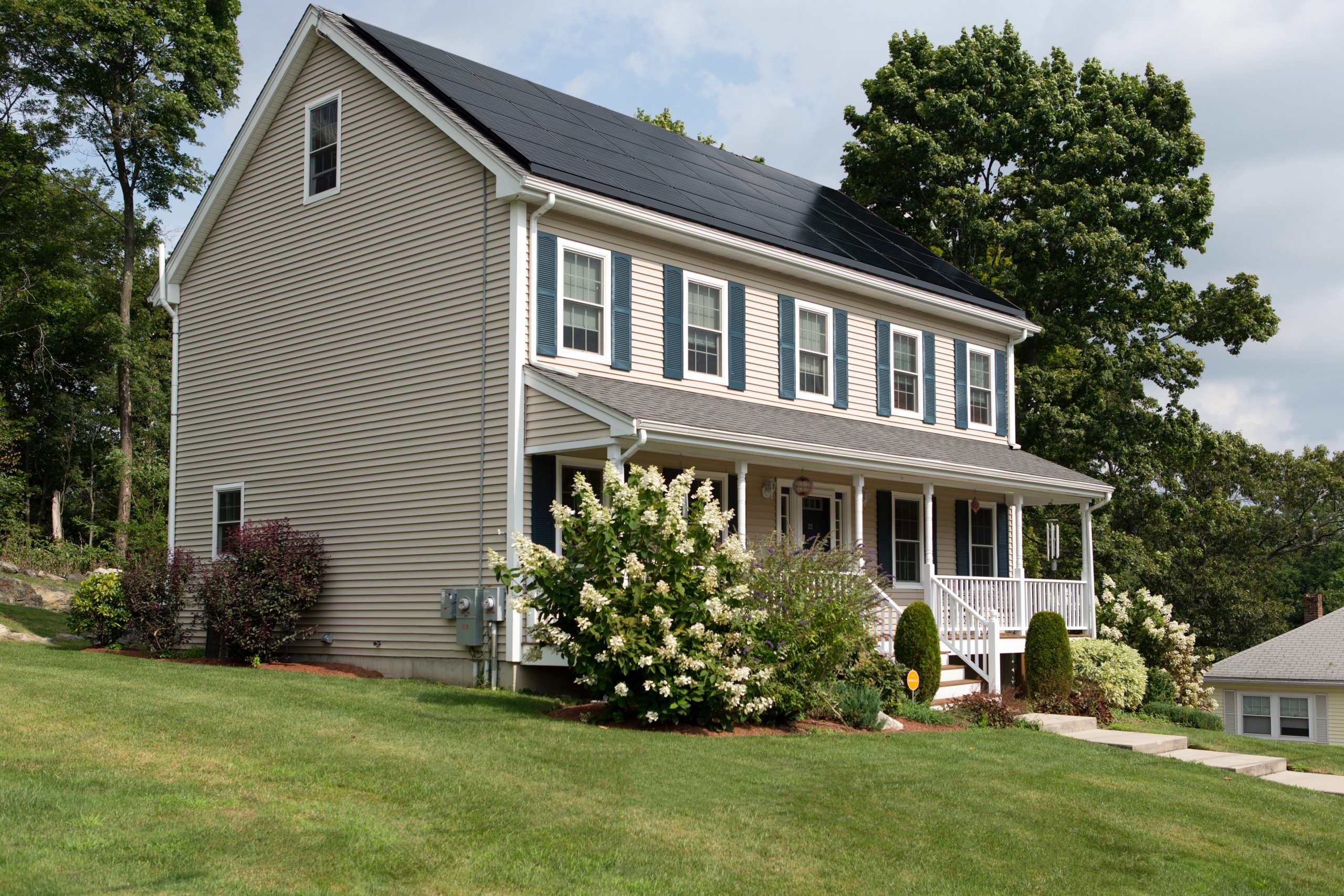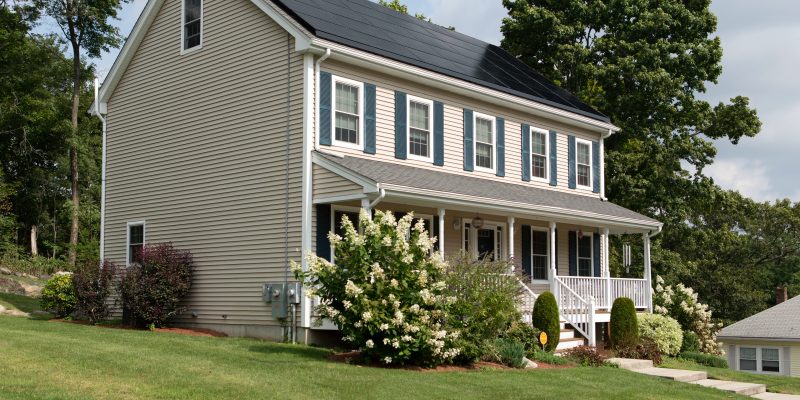Solar panels, batteries, inverters, and other solar components are becoming more and more affordable, making solar a viable and attractive option for anyone wanting to reduce their energy costs. Solar energy is a renewable, clean energy resource that is becoming increasingly popular and accessible. With the advent of solar power, homeowners have access to a variety of options when it comes to powering their homes. Homeowners can now easily install and use solar energy to power their homes and reduce their energy bills. With more and more people turning to solar energy, it is an ideal time to consider investing in solar for your home and taking advantage of the savings and other benefits it can bring. This post looks at how to power your home, the benefits of doing so, and why you should consider investing in solar energy. You will also learn helpful tips for transitioning to solar energy, such as choosing the right solar provider.

The Benefits Of Solar Energy
Installing solar panels in your home will help you generate clean energy from the sun, which you can use to power your lights and appliances. Installing solar panels is an increasingly popular method of saving money and reducing your home’s environmental impact. With the correct setup (that includes batteries), solar energy is available 24/7, so you won’t need to worry about power outages. Additionally, it will save you money on your electric bill and reduce your carbon footprint. Saving money, protecting the environment, and becoming energy independent can all be achieved with a solar energy system. However, in order to get the right solution for your circumstances (they aren’t all created equally), you will need to invest time researching your best options. Over at https://wattsourcer.com/, you can find out what options are available and which may be most suitable for you. However, plenty of sites are available that provide advice and reviews, enabling you to make an informed choice.
What Are The Associated Installation Costs?
Solar panel installation costs vary greatly depending on the size of your home and the type of solar system you are installing. A small solar system can cost a few thousand dollars to install, while an extensive and complex system may cost tens of thousands. However, you should also consider the long-term cost savings from using solar power and any incentives or rebates available in your area. The majority of solar energy systems will pay for themselves within a few decades, and you will enjoy free, clean energy for many years to come. Additionally, it could increase the value of your home, depending on where you live and other factors.
Tax Incentives for Solar Power Installation (Yes, You Read That Right!)
According to your location, installing solar power systems may qualify for tax credits, rebates, and other incentives. You can even get a free installation or reduced electricity rates from local governments and utilities if you go solar. Find out if your state or city offers any incentives, so you can maximize your savings.

Maintenance and Repair Considerations
Solar panels are a long-term investment in your home that requires regular maintenance and repairs. These tasks vary based on the type of system and the environment in which it is installed. Nevertheless, you should ensure your system is operating correctly by performing regular maintenance and repairs. Cleaning panels and inverters, checking the wiring, and inspecting for and correcting any damage are all common maintenance and repair items. In some cases, warranties may require regular maintenance and repair, which should be performed in accordance with the manufacturer’s instructions.
How to Calculate Your Solar Power Needs
A vital step in solar powering your home is determining the amount of electricity you will need to generate. During this process, you will need to determine how much energy your household consumes and which type of solar system will be required. To estimate the size and type of solar panels and batteries you need, you must gather data from your utility company. Your solar setup will also depend on the geographical location and amount of sunlight available in your area. This information will allow you to determine the best solar configuration for you.

How To Choose The Right Solar Provider
Choosing the right solar provider can be tricky since there are many considerations, such as cost, warranties, and installation location. The first thing to do is identify your priorities. You should ask yourself: “What matters most to me?” You may want a company that offers a good warranty, one that is cheaper than others, or one with the best customer service. The following are some of the primary considerations you should take into account when making your choice:
- Make a list of your requirements: The first step is thinking about what you want. For example, is it easier to hire an installation company that sells the panels or purchase them separately from the company that installs them?
- Gather a list of viable companies: Your Second step should be gathering a list of potential companies that offer solar installation as a service. Gather at least five or six and contact them for a quote. However, you shouldn’t simply choose the cheapest, but the one you think will do the best job (and provide aftercare).
- Check their experience: Once you have settled on a company you like, look into their credentials. The best installers must be certified with the North American Board of Certified Energy Practitioners (NABCEP) for your peace of mind.
- Investigate their reputation: You should also ask them for references, check their previous work, and go online to check previous reviews. This will tell you if they are legitimate and trustworthy.
- Ask for copies of their insurance: Whenever you get any work done on your home, the contractors should be fully insured against accidental damage, which protects you and them against litigation.
- Examine what warranties they offer: A warranty is vital if you want to ensure the longevity of your panel. When evaluating an extended warranty, ensure that the company provides a history of operating in the solar industry. You should feel confident they will still be around 20 years from now, so they can honor the warranty if required.
Solar panels are more efficient and affordable than ever before, and you can use them to power everything from your lights to your appliances. With the help of solar energy, you can help the planet and save money in the process.




















